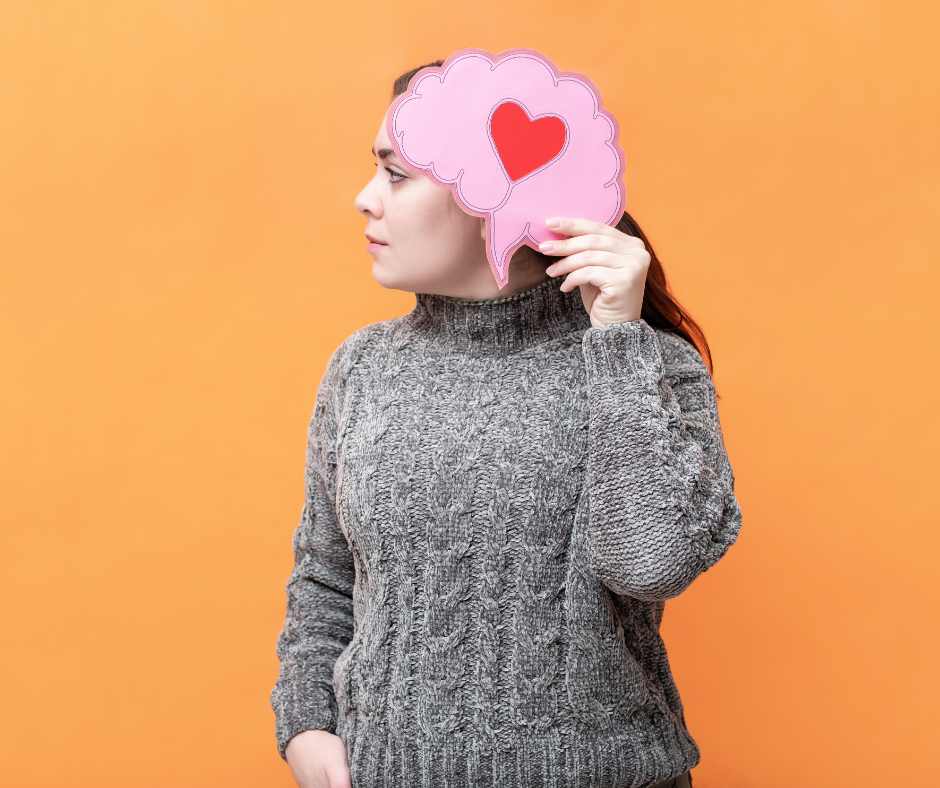Supporting women’s mental health in tough times
At the beginning of Mental Health Awareness Week, the need for accessible mental health support has never been greater, says CEO Lucy Budge.
Mental health problems are at record levels in the UK. The rising cost of living, the COVID Pandemic, war in Europe and increased poverty levels are having an impact on all of us in some way.
At the same time, mental health services are struggling to keep up with demand. 634,649 people accessed the NHS Talking Therapy programme in 2020/21. Unsurprisingly the West Sussex NHS Talking Therapy service currently has a waiting list of a year. The waiting lists for children and young people needing to access CAMHS (Child and Adolescent Mental Health Services) are growing ever longer and thresholds for support, ever higher.
The need for accessible mental health support has never been clearer. For women who have experienced domestic abuse, the need for specific, tailored support is vital.
Women and mental health
It is thought that around 1 in 5 women in the UK experience a common mental health disorder.
53% of women with mental health problems have experienced abuse, with 16% estimated to have PTSD. Woman’s Trust reports that domestic abuse is the biggest single cause of depression in women. Recent research by Agenda Alliance found that women who suffer domestic abuse are three times more likely than their peers to try to take their own life.
Rising pressures
Unfortunately, we see this reflected in the needs of the women we support at MSH.
In 2022 we worked with 1325 new clients. The majority of the women we support report struggling with their mental health in some way, with anxiety being a major factor.
34% of the women accessing our services in 2022 are living with, or in recovery from, domestic abuse. In this group of women, more than half have a common mental health condition, and many face multiple pressures that impact on mental health including low income, unstable housing conditions and substance use.
Never just one cause
Whatever brings a women to the door of MSH, we ensure that we factor in any mental health concerns alongside any other support or services.
A client coming for support with benefits or finances, for example, might be referred to our Anxiety and Me course to help deal with the stress their situation has caused. The Thrive Programme uses coaching methods and focuses on breaking down negative self-images and building confidence. Our Boundaries course looks into the emotional and psychological factors shaping our relationships. Even our social drop-ins aim to help with loneliness and feelings of isolation.
In 2022 we offered emotional and wellbeing support to 265 clients and we specifically supported 41 women through our counselling services.
Counselling at MSH
We are extremely fortunate to have three experienced and dedicated expert counsellors who volunteer their time to provide our free counselling service. They are supported by seven fully-accredited student counsellors. This means we are able to offer a holistic and trauma-informed service, tailored to the needs and experience of each individual woman.
Each client undertakes 8 weekly sessions, with a clear end-goal and outcomes. The sessions set women up with a toolkit to make positive changes and steps forward. At the end of the sessions, no-one is left adrift or without further support from MSH if it’s needed.
I cannot overstate the difference this can make to the lives of women and their families.
Support when it’s needed
The support of our volunteer counsellors means that we’re able to offer counselling with much shorter waiting times. Of course, this varies depending on levels of demand, whether people wish to access online or in-person counselling, and how flexible they can be with times.
We have recently seen an increase in referrals, so currently our waiting time has increased from eight weeks to around eight to twelve weeks. We’re thankful that we are still able to support vulnerable women in the community this rapidly.
Can you help?
Although our counselling service is free to access, it isn’t free to run.
Costs include hiring rooms to meet clients, and support, training and professional membership fees for the counsellors. As for everything, these costs are increasing.
We’re currently fundraising to ensure we can keep offering this vital and much-needed service.
We’re delighted that we’ve secured a match-funding promise through the Big Give Kind2Mind campaign. This means that every donation made during Mental Health Awareness Week through our Big Give page will be doubled at no cost to you until we reach our target.
We’re hoping to raise £5000 in donations over seven days, which will then be doubled by the Big Give up to £10,000!
The campaign goes live at 12:00 noon on Monday 15 May, closing at 12.00 noon on Tuesday 22 May.
If you are able, you can donate using the button below from Monday lunchtime:
Mental Health Awareness Week
15-21 May 2023
Tomorrow (15 May) marks the beginning of Mental Health Awareness Week. Organisers, The Mental Health Foundation aim to raise awareness of the impact of mental health and offer support and ways of coping.
The focus this year is on Anxiety. While anxiety is a normal emotion in us all, sometimes it can get out of control and become a mental health problem. The week is all about providing information on the things that can help prevent anxiety from becoming a problem.
Watch out for #ToHelpMyAnxiety on social media where you can share your tips.
